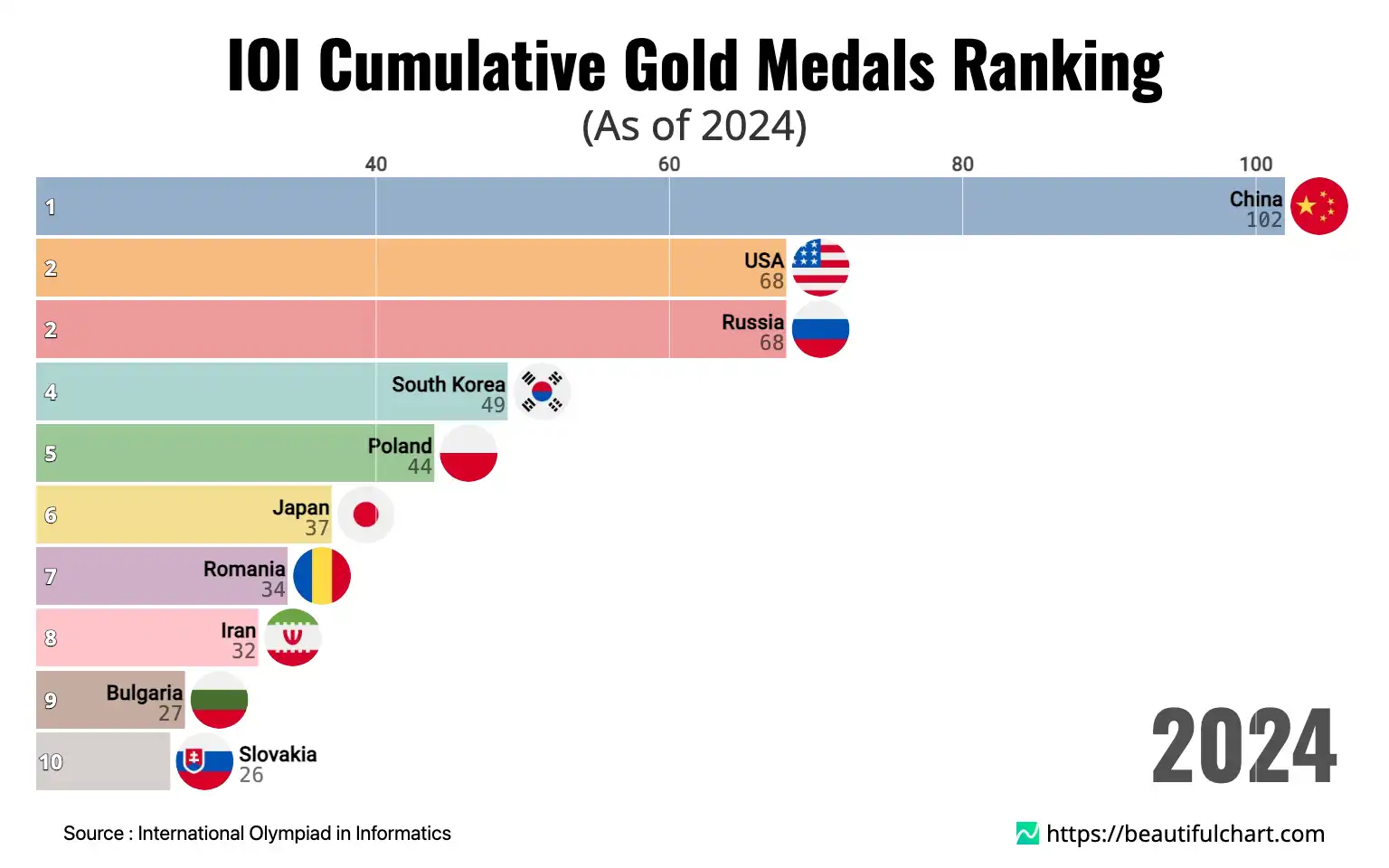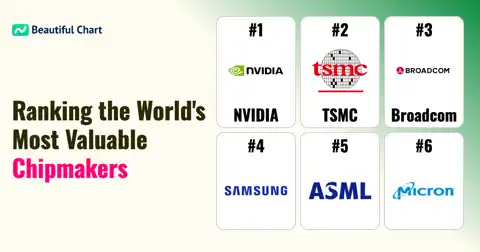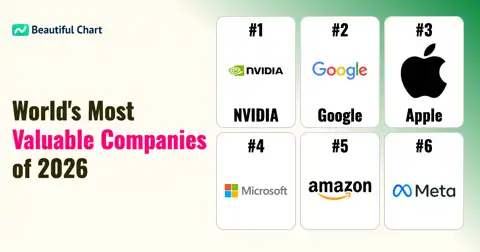China has firmly established its dominance in the International Olympiad in Informatics (IOI), holding a commanding lead with a cumulative total of 102 gold medals. The race for second place is intensely competitive, with both Russia and the United States tied at 68 gold medals each, showcasing their long-standing strength in competitive programming. Following the top trio, South Korea and Poland have also demonstrated consistent excellence, securing their positions as formidable powerhouses in the prestigious global competition.

The International Olympiad in Informatics (IOI) is one of the most prestigious annual competitive programming competitions for secondary school students from around the world. It is one of the five international science olympiads and aims to stimulate interest in computer science and information technology. Participants are tasked with solving complex algorithmic problems, requiring exceptional skills in problem analysis, algorithm design, and programming.
The Unwavering Dominance of a Programming Superpower
The landscape of competitive programming at the highest secondary school level has been consistently shaped by a few dominant nations. At the forefront is China, which has established an unparalleled legacy in the International Olympiad in Informatics. With a cumulative total of 102 gold medals, the country has created a significant gap between itself and its closest competitors. This achievement is not a recent phenomenon but the result of decades of sustained excellence. Since the 1990s, Chinese students have consistently performed at the highest level, reflecting a deep-rooted and highly effective national system for identifying and nurturing exceptional talent in computer science and algorithmic problem-solving. Their performance trajectory shows a rapid accumulation of gold medals from an early stage, cementing their status as the undisputed leader in the field.
The Tight Race for Global Supremacy
The battle for the second position highlights a long-standing rivalry between two other major powers: Russia and the United States. Both nations are tied with 68 cumulative gold medals, a testament to their enduring strength and commitment to computer science education. Russia, inheriting a strong foundation from the Soviet era, has consistently produced top-tier contestants who excel in the rigorous challenges of the competition. Similarly, the United States has maintained its position as a perennial contender, drawing from a vast pool of talent and a robust educational infrastructure that supports advanced STEM programs. This neck-and-neck competition underscores the consistent high standards and competitive spirit that both countries bring to the international stage.
Eastern European and East Asian Hubs of Excellence
Beyond the top three, a distinct group of countries, particularly from Eastern Europe and East Asia, have carved out their own legacies of success. South Korea, with 49 gold medals, stands as a formidable force, showcasing the nation's significant investment and cultural emphasis on STEM education. Its consistent presence in the upper echelons of the rankings highlights a well-developed talent pipeline. Poland, with 44 gold medals, is another key player, representing the strength of Eastern European nations in mathematics and informatics. Countries like Romania, Bulgaria, and Japan also feature prominently, demonstrating that excellence in competitive programming is geographically diverse. Their sustained success points to strong national curricula, dedicated training programs, and a culture that values analytical and problem-solving skills, making them consistent producers of world-class talent.
Key Takeaways
A Clear Hierarchy of Dominance
- China stands as the undisputed leader with 102 cumulative gold medals, significantly ahead of all other nations.
- Russia and the United States are locked in a tie for second place with 68 gold medals each, highlighting a long-standing rivalry.
- A consistent group of nations, including South Korea and Poland, regularly perform at an elite level, forming a secondary tier of powerhouses.
Long-Term National Strength in STEM
- The cumulative medal count reflects decades of sustained investment in computer science education and talent development.
- The early and consistent success of nations like China, Russia, and the USA points to well-established systems for identifying and training top talent.
- The strong showing from Eastern European and East Asian countries underscores the global distribution of excellence in algorithmic problem-solving.
Top Ranking
1st China (102 Gold Medals)
China's dominance in the International Olympiad in Informatics is unparalleled. With a staggering cumulative total of 102 gold medals, the nation has consistently outperformed all others for decades. This success is not accidental but the result of a rigorous and highly structured national system for identifying, training, and cultivating young talent in computer science. China's participants are known for their exceptional algorithmic skills, speed, and precision. The country's lead has only widened over the years, reflecting a deep commitment to STEM education and a culture that highly values academic and competitive excellence, cementing its status as the world's foremost powerhouse in competitive programming.
2nd Russia (68 Gold Medals)
Russia holds a firm position as one of the world's leading nations in competitive programming, with a cumulative total of 68 gold medals. Building on a strong legacy of mathematical and scientific education inherited from the Soviet era, Russia has consistently produced top-tier competitors who excel in the IOI's complex challenges. The country's performance is characterized by consistency and depth of talent. Russian teams are renowned for their strong analytical abilities and deep understanding of complex algorithms, allowing them to remain in a tight race for the second spot and maintain their reputation as a global force in informatics.
2nd USA (68 Gold Medals)
Matching Russia with 68 cumulative gold medals, the United States is a perennial powerhouse in the International Olympiad in Informatics. The country's success is fueled by a robust ecosystem of private and public initiatives, including advanced placement courses, coding bootcamps, and a vibrant competitive programming circuit. This infrastructure helps identify and nurture talent from a wide and diverse population. American participants are often praised for their creativity and innovative approaches to problem-solving. This consistent performance keeps the USA at the pinnacle of the sport, locked in a competitive rivalry for the top ranks.
4th South Korea (49 Gold Medals)
South Korea has firmly established itself as a leading nation in the IOI, accumulating a total of 49 gold medals. This achievement highlights the country's intense focus on technology and education, which has translated into remarkable success on the international stage. South Korea's educational system is known for its rigor and competitiveness, producing students with exceptional discipline and problem-solving skills. The nation consistently fields strong teams that perform well under pressure, securing its place among the world's elite and demonstrating its strength as a major player in the global technology landscape.
5th Poland (44 Gold Medals)
With 44 cumulative gold medals, Poland stands as one of Europe's most successful nations in the history of the International Olympiad in Informatics. Poland has a long and respected tradition in mathematics and computer science, which forms the foundation of its consistent success. The country's training programs are renowned for their quality, producing well-rounded competitors with strong theoretical knowledge and practical programming skills. Poland's sustained presence in the top ranks is a testament to its excellent educational system and its enduring commitment to nurturing talent in the field of informatics.
| Rank | Name | Indicator |
|---|---|---|
1 | 102 | |
2 | 68 | |
2 | 68 | |
4 | 49 | |
5 | 44 | |
6 | 37 | |
7 | 34 | |
8 | 32 | |
9 | 27 | |
10 | 26 | |
11 | 25 | |
12 | 22 | |
13 | 21 | |
14 | 16 | |
14 | 16 | |
14 | 16 | |
14 | 16 | |
18 | 15 | |
18 | 15 | |
20 | 14 |





